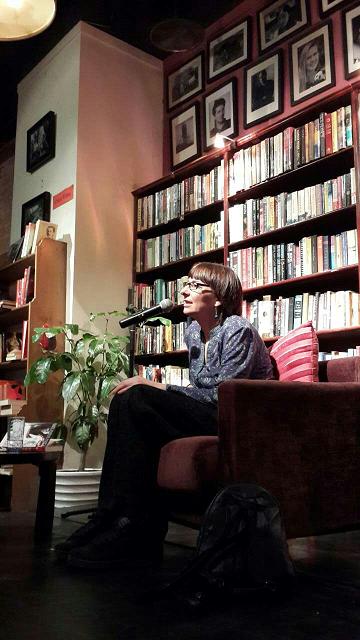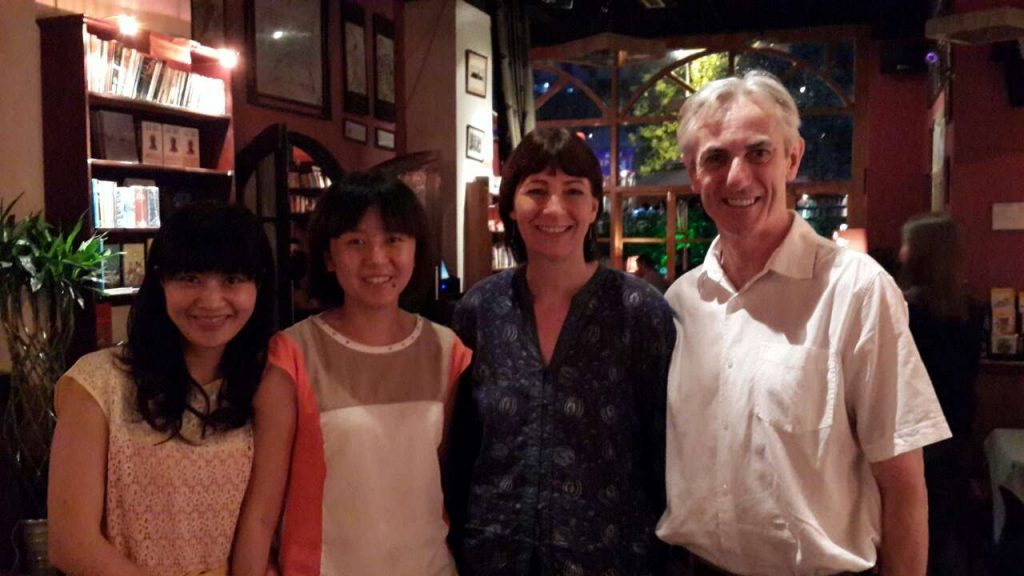My list of recommended reads is even longer this time – I’ve been away and that meant more reading opportunity. Especially as we were without a TV. Enjoy!
The Humans by Matt Haig
After the Fire, A Still Small Voice by Evie Wyld
Strumpet City by James Plunkett
The Spinning Heart by Donal Ryan
I Am Pilgrim by Terry Hayes
The Flight by M.R. Hall
What Lies Within by Tom Vowler
The Fault In Our Stars by John Green
The Boat by Clara Salaman
The Rosie Project by Graeme Simsion
Perfect by Rachel Joyce
We Are All Completely Beside Ourselves by Karen Joy Fowler
Countdown City by Ben H. Winters
The Cuckoo’s Calling by Robert Galbraith
Gods in Alabama by Joshilyn Jackson
The Husband’s Secret by Liane Moriarty

